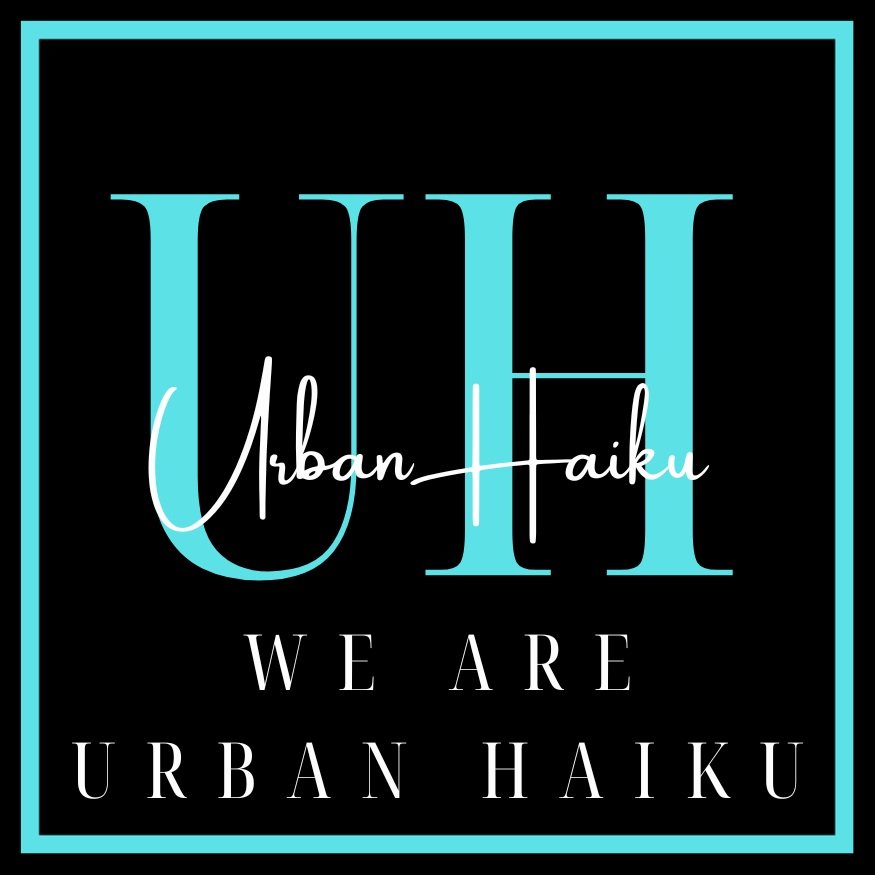Documentary Poetics with Diana Khoi Nguyen – Explore Memory, History & Voice Through Poetry
with Diana Khoi Nguyen
Begins July 24, 2025 | Hosted by Urban Haiku
If you’re a poet, artist, or literary seeker hungry to deepen your creative practice while exploring the raw intersections of history, memory, and voice—this is your invitation.
“Documentary Poetics: Living, Thinking, and Feeling as a Way of Encountering the Past and Present” is a five-week immersive course guided by award-winning poet and multimedia artist Diana Khoi Nguyen. This live online workshop series, offered through Urban Haiku, isn’t just about learning poetry—it’s about embodying it, questioning it, and radically reimagining it.
What is Documentary Poetics—and Why Now?
Documentary poetics isn’t just a literary technique. It’s a form of resistance. A method of memory. A container for complex truths. It's where collage, archive, and authorship converge, and where poets become curators, critics, and caretakers of collective and personal histories.
As Mark Nowak puts it, documentary poetics “has no founder…no signature spokespersons… it exists along a continuum.” It lives equally in the pages of history and the fragmented echoes of Google searches. It holds within it an expansive, liberating space—one that honors silence as much as speech, loss as much as presence.
This course arrives at a crucial moment when we’re reckoning with archives that are anything but neutral. It offers a space to interrogate documentation itself, asking:
What is the ethical responsibility of a poet when working with real people’s lives and stories?
How do we honor erasure without reenacting violence?
Can a poem both document and refuse, both speak and listen?
Course Overview
📅 Dates & Times:
Thursdays – 7/24, 7/31, 8/7, 8/14, 8/21
Time: 4:30 PM–6:30 PM EST / 1:30 PM–3:30 PM PST
Where: Live on Zoom
This course is more than a writing class. It’s an intentional space to think critically, feel deeply, and create freely alongside others who share your curiosity and care.
Through readings, discussions, and writing experiments, you’ll engage with the practice of documentation—not just as an act of recording, but as a poetic, ethical, and revolutionary process.
What You’ll Experience
✦ Live Writing Experiments
Expect wildness. Expect risk. Each session will include space for generating work through curated prompts, archival materials, audio-visual sources, and embodied practice.
✦ Community Dialogue
You’ll be in conversation with fellow artists and writers, co-creating a space of support, advocacy, and curiosity. Expect to challenge, and be challenged—in the most soul-affirming ways.
✦ Readings Across Generations and Genres
From Muriel Rukeyser’s foundational “The Book of the Dead” (1938) to voices like Claudia Rankine, Tyehimba Jess, Divya Victor, Don Mee Choi, and Layli Long Soldier, we’ll examine how poets have engaged with archive, testimony, and resistance across time.
About Diana Khoi Nguyen
Diana Khoi Nguyen is not only a poet of rare depth—she’s a guide into the liminal. The author of Ghost Of, a National Book Award finalist, and Root Fractures (2024), Nguyen weaves personal trauma and cultural history into forms that both haunt and heal.
Her work spans across disciplines, with video art exhibited at the Miller ICA and involvement in the Vietnamese artist collective She Who Has No Master(s). As a Kundiman and MacDowell fellow, recipient of an NEA Fellowship, and Kate Tufts Discovery Award winner, Nguyen’s approach to documentary poetics is both scholarly and soulful.
Currently teaching at the University of Pittsburgh and the Randolph College Low Residency MFA, Diana brings to this course a practice rooted in care, radical listening, and transformative engagement.
Sliding Scale Pricing (JEDI-Informed)
To foster Justice, Equity, Diversity, and Inclusion (JEDI), we offer sliding scale pricing to reflect the varied financial realities of our community.
$500 – You are financially stable, with consistent access to resources. Paying this amount helps support BIPOC writers with fewer means.
$400 – You have employment and access to healthcare, though financial stability may fluctuate.
$300 – You are under/unemployed or facing significant financial strain. We welcome you at this level without question.
We’re committed to access. Payment plans, work-trades, and scholarship discussions are available—please reach out if needed. We believe money should never be a barrier to participation in creative healing.
Who Should Join
Poets & writers seeking new experimental forms
Artists interested in archival, historical, and social engagement
Educators, activists, and community historians
Anyone ready to rethink what it means to “document” with care, courage, and curiosity
No prior experience with documentary poetics is required—just a willingness to explore and feel deeply.
Conclusion: Be a Witness, Not a Recorder
In a world that’s obsessed with proof, data, and “the record,” this course invites you to become something else: a witness. A curator of feeling. A resistor of dominant narratives. A refuser of reenactment.
Whether you're archiving grief, preserving joy, or reshaping cultural memory, documentary poetics allows you to live, think, and feel with your full creative power. Join Diana Khoi Nguyen this summer and discover what’s possible when the archive meets the heart.
FAQs
1. Do I need to be a published poet to join this course?
Not at all! This space is open to all levels. Whether you're new to poetry or a seasoned writer, you'll find space to grow and explore.
2. What do I need to bring to class?
Just a notebook, your favorite writing tools, and an open mind. All readings and materials will be provided.
3. What if I can’t afford the full cost?
We offer a sliding scale and are open to alternative arrangements like work exchange or payment plans. Please contact us—we want you here.
4. Will sessions be recorded?
This is a live, interactive course designed for participation. Sessions may not be recorded in full to protect the privacy and intimacy of the space.
5. Is this course only for poets?
Not at all. Writers, artists, activists, educators—anyone working with story, memory, or expression will benefit from this journey.

